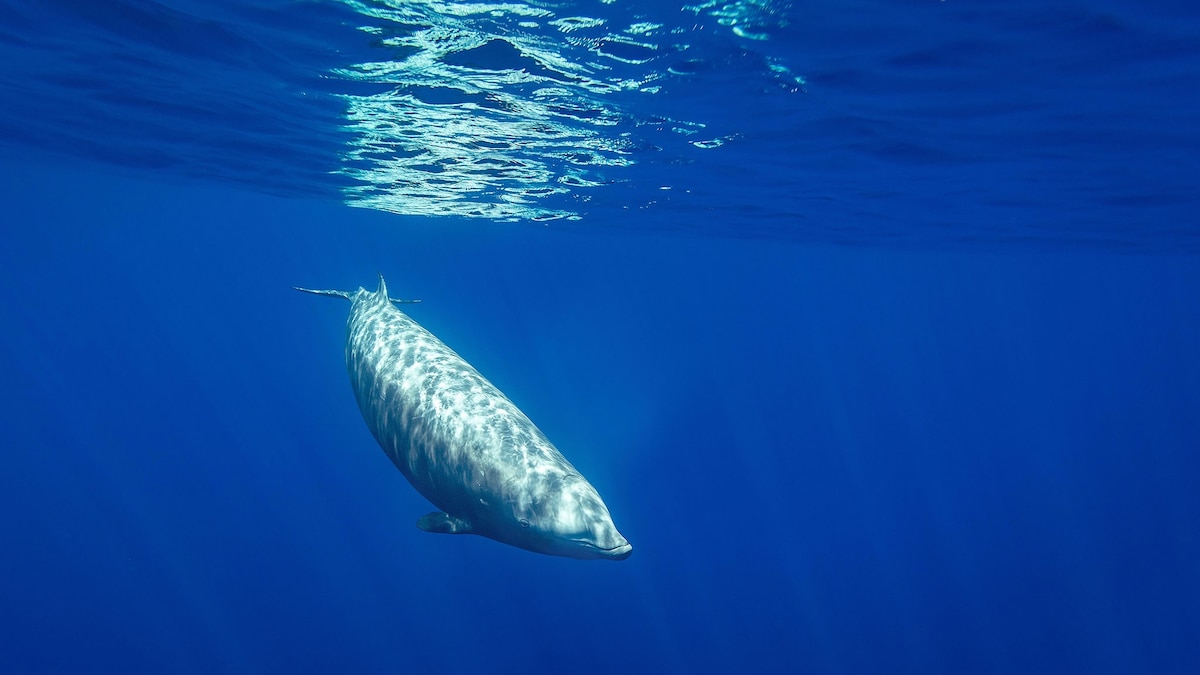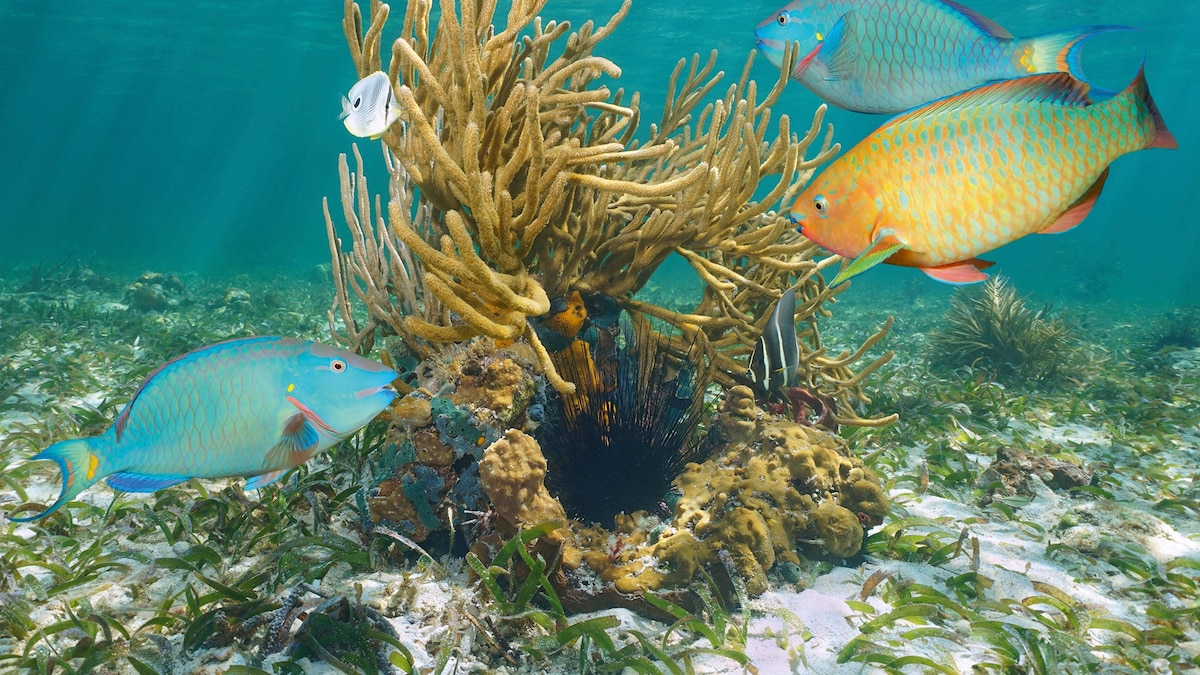Now Reading: Deep-Diving Whales Could Hold Clues to Stroke and Cancer Treatments
-
01
Deep-Diving Whales Could Hold Clues to Stroke and Cancer Treatments
Deep-Diving Whales Could Hold Clues to Stroke and Cancer Treatments

Fast Summary
- Goose-beaked whales, formerly known as Cuvier’s beaked whales, are elusive marine mammals that hold the record for the deepest dive (9,816 feet) and longest underwater duration (222 minutes).
- Duke university researchers are studying their cellular adaptations for surviving hypoxia (low oxygen) during dives. Early findings show whale skin cells maintain high oxygen consumption under limited oxygen conditions due to unique mitochondrial gene differences. Humans lack these adaptations.
- Whales have physiological traits such as larger blood volume and elevated hemoglobin/myoglobin levels that enhance oxygen storage and distribution during dives. they also slow down metabolism by reducing a non-critical organ’s blood flow while maintaining brain perfusion under extreme conditions.
- Research on whale neuroglobin in brain tissues has revealed significantly higher gene activity compared to land mammals like cattle, indicating specialized adaptations for combating oxidative stress or low oxygen environments.
- Scientists hope understanding whales’ mechanisms can lead to medical advancements addressing human health conditions like strokes, inflammation-related tissue damage, COVID-19 effects, cancer treatments, and age-related diseases like Alzheimer’s.
Indian Opinion Analysis
The research into goose-beaked whales’ ability to thrive in extreme hypoxic environments opens up promising avenues for Indian biomedical science and technology sectors. India is a country battling prevalent challenges tied to hypoxia-related diseases-stroke being a leading cause of deaths-and understanding natural biological strategies could bolster indigenous healthcare solutions over time.
On broader scientific importance: India’s geographic proximity to vast oceanic ecosystems positions it uniquely in facilitating similar studies on marine life if collaborative efforts with global institutions are prioritized. This could also further boost India’s presence in marine biology research while addressing conservation challenges.
These findings underscore an possibility for Indian researchers across disciplines-including genetics, medicine, neuroscience-to study nature-inspired innovations that tackle health crises relevant not only nationally but globally.
























